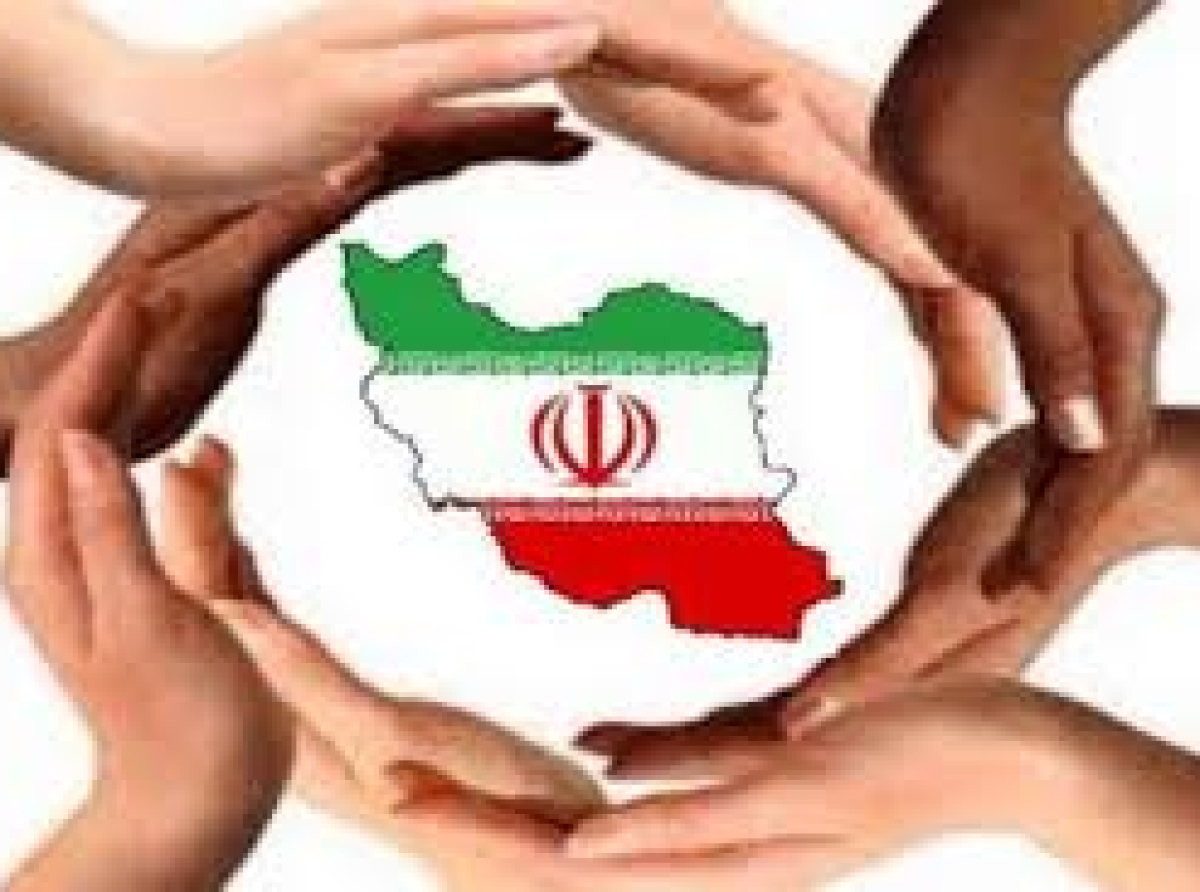Iran is the land of heroes with different languages, costumes, and customs, Turkish and Kurdish dialects, Persian and Arab, the land of your and my ancestors, the land of musical instruments and melodies, perhaps a country with a civilization as vast as the history of the earth, from which outstanding people have always emerged, from myths and legends to the existence of lion men and lion women who were the creators of numerous epics. Iran's contemporary history shows that whenever people have been present on the scene, impossible things have been accomplished and major problems have been solved. The victory of the Islamic Revolution, the Sacred Defense, and assistance in disasters and hardships such as flood relief and the Faithful Assistance Movement at the height of the coronavirus outbreak in recent years have demonstrated the height of the culture of empathy, unity, and solidarity in Iranian society. The word unity does not mean that everyone thinks the same way, which never happens. There are different thoughts and tastes in society, but what is important is that everyone is united around one axis. Empathy and popular support are the main pillars of resistance against the enemy's invasion. Every home must become a bastion of hope and every Iranian must consider himself on the front line of defense. The prerequisite for the defeat of a nation is to weaken it from within. A nation that is at war with itself helps its enemies to win and dominate itself. In the historical events of Iran, from long ago until now, they have been victorious everywhere and have been able to defeat the enemy. During the Constitutional Revolution, the nationalization of the oil industry, the victory of the Islamic Revolution, and the eight years of the Sacred Defense, everyone united under the name of Iran. They had differences, but they did not forget their goal.
The Supreme Leader considered national unity to mean the coexistence of ethnic groups and religions, far from political and religious differences. Therefore, he considers setting aside all religious, political, group and ethnic differences when national interests are at stake to be the last dimension of the strategic and behavioral plan on the path to unity, cohesion and national security. In analyzing the Leader’s frequent emphasis on the concept of national unity, it should be said that unity in our religious and political literature refers to the concept of “Islamic unity” or “unity between religions”. A concept that is seen alongside other words such as unity, empathy, compatibility, agreement, congregation and cohesion and in fact creates a kind of semantic unity and has its roots in the history of early Islam. If war was the greatest test of trust, now peace is the greatest test of political maturity, and in this test, only those who remain loyal to the language of dialogue will survive. The Iranian people have shown their loyalty; now it is the turn of the political structure to show that it values this loyalty so that, God forbid, if something happens again, we will witness the same behavior again, not something different.
Translator: Faeghe EB

 En
En  Fa
Fa 